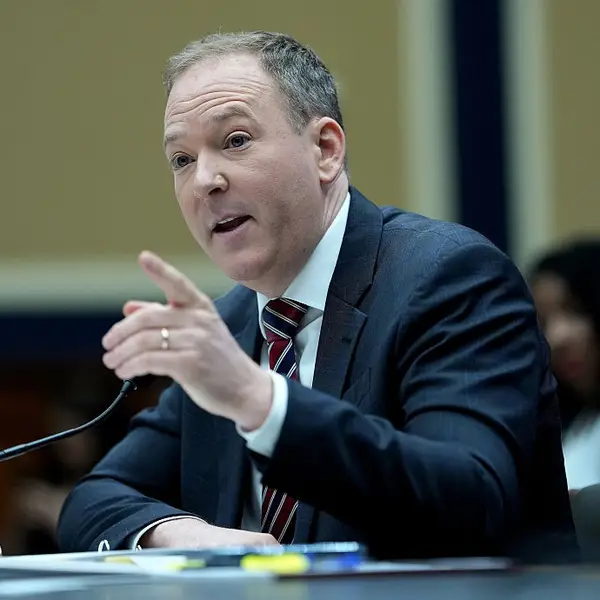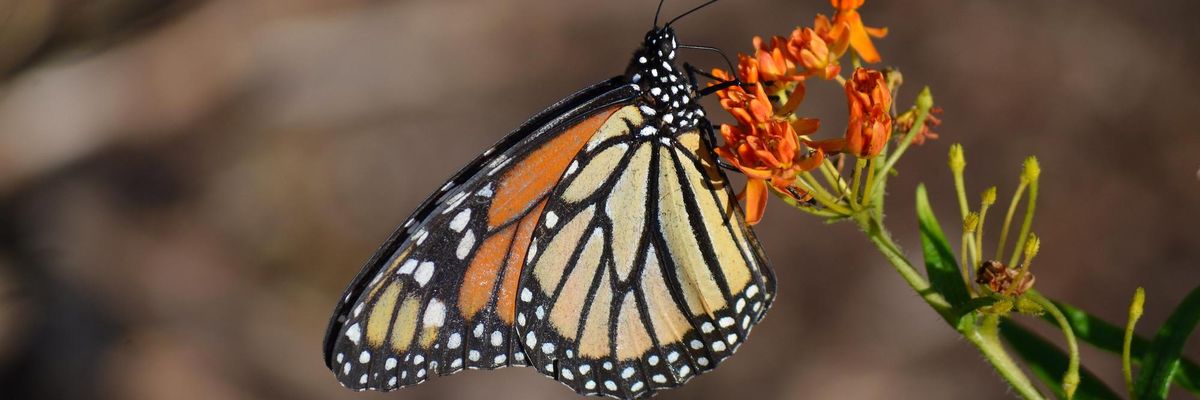The Center for Food Safety on Wednesday denounced the Biden administration's Environmental Protection Agency for arguing that Roundup should remain on U.S. shelves for an undisclosed period of time even after admitting that the Trump-era review of glyphosate--the key ingredient found in Roundup, the world's most widely used herbicide--was flawed and requires a do-over.
"We will ask the court to deny this extraordinary request to paper over glyphosate's ecological harms only to approve it anyway down the road."
--George Kimbrell, CFS
In its federal court filing (pdf) requesting to redo the Trump administration's faulty assessment of glyphosate, the EPA failed to provide a deadline for a new decision; instead, the agency maintained that Roundup--created by agrochemical giant Monsanto, which was acquired in 2018 by the German pharmaceutical and biotech company Bayer--should stay on the market in the meantime.
The EPA's request comes as it faces two lawsuits, including one brought by a coalition of farmworkers and environmentalists represented by the Center for Food Safety (CFS), that seek to reverse the Trump EPA's approval of glyphosate, a decision that was made despite evidence that the substance--described by the World Health Organization as "probably carcinogenic"--poses threats to human health and to pollinators such as bumblebees and monarch butterflies.
"Rather than defend its prior decision, at the 11th hour EPA is asking for a mulligan and indefinite delay, despite having previously spent far too long, over a decade, in re-assessing it," CFS legal director George Kimbrell said Wednesday in a statement. "Worse, EPA admits its approval risks harms to farmers and endangered species, but makes no effort to halt it."
According to CFS:
EPA is required by law to re-assess each pesticide every 15 years in a process known as registration review. EPA completed part of its registration review of glyphosate in 2020, designating it an "interim" decision because it had failed to assess glyphosate's impacts to endangered species, or complete other key assessments, such as glyphosate's potential to disrupt hormonal systems and harm pollinators. The 2020 interim decision represented EPA's first comprehensive assessment of the herbicide since 1993.
After the ongoing lawsuits and the agency's most recent biological evaluation identified the deleterious social and environmental impacts of glyphosate, the EPA "admits it can no longer affirm glyphosate's putative benefits outweigh its risks and costs, or that measures imposed to mitigate risks are at all effective," CFS noted.
Some of the harmful effects of glyphosate, according to CFS, include a heightened risk of cancer among farmworkers and others who spray glyphosate-based herbicides or are nonetheless subjected to it as a result of "off-field drift." Moreover, farmers must contend with the development of glyphosate-resistant superweeds, the organization said.
In addition, CFS noted, because Roundup kills the milkweed on which monarch butterflies rely for survival, it poses a danger to the once-ubiquitous pollinators. And before it suggested that Roundup continue to be sold in the U.S. for an unspecified period of time, the EPA found that the herbicide is likely to adversely affect 93% of exposed species under the Endangered Species Act as well as 96% of their critical habitats.
In his statement, Kimbrell said that "we will ask the court to deny this extraordinary request to paper over glyphosate's ecological harms only to approve it anyway down the road."
"Time to face the music, not run and hide," he added.




